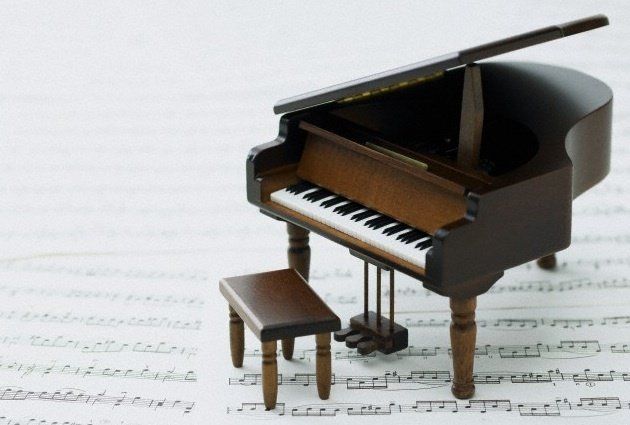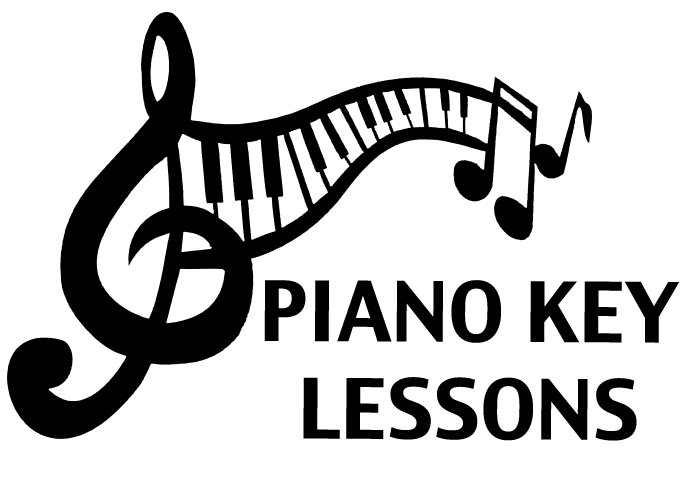Suzuki Lessons
The Suzuki approach extends to many facets of a child’s life. It deals with much more than teaching a child how to play the piano. It seeks to develop the whole child – to help unfold his or her natural potential to learn and become a well balanced person.
The purpose of Suzuki training is not necessarily to produce a professional musician, but to help every child find the joy that comes through music-making. Through the Suzuki process, children thrive in an environment of total support. They develop confidence and self-esteem, memory and concentration, self-discipline and determination to try difficult things. Most importantly, they gain the sensitivity and skill for making music, and they obtain a lasting source of enjoyment.

What is the Suzuki Method?
The Suzuki Method was founded by Japanese musician and pedagogue Dr. Shinichi Suzuki. It is based on the 'mother tongue' approach:
Every child learns to speak the native language of his environment.
Children learn their native language naturally, because they hear the sounds and rhythms of the language from birth. There is never any doubt that they will succeed. All children experience delight and joy in acquiring their 'mother tongue'. Likewise, the Suzuki piano method aims to create an environment, both at lessons and at home, which stimulates the child to want to play the piano.
How does the Suzuki method benefit my family?
- Fosters close parent/child relationships
- Develops physical and aural awareness
- Teaches concentration
- Builds self-esteem
- Demonstrates the giving and receiving of respect
- Develops perseverance
- Grows memory skills
- Creativity and problem solving skills are developed
- Develops fine motor skills
- Ability to listen
- Appreciation for fine music
- Lifelong passion for music
What do Suzuki lessons require of me as a parent?
The Suzuki approach relies strongly on the cooperative relationship of the teacher, parent and student. The parent of a young child is naturally the best 'teacher's assistant'.
You will be expected to:
- attend your child's lessons
- play the reference recordings
- practice with your child
A musical background is not necessary. The teacher will show you, one step at a time, how to assist your child easily at home.
Through daily listening of the recordings and the teacher's guidance, you can master the basic skills needed to help your child. The Suzuki approach enables you to spend precious moments together in the pursuit of mutual learning.

